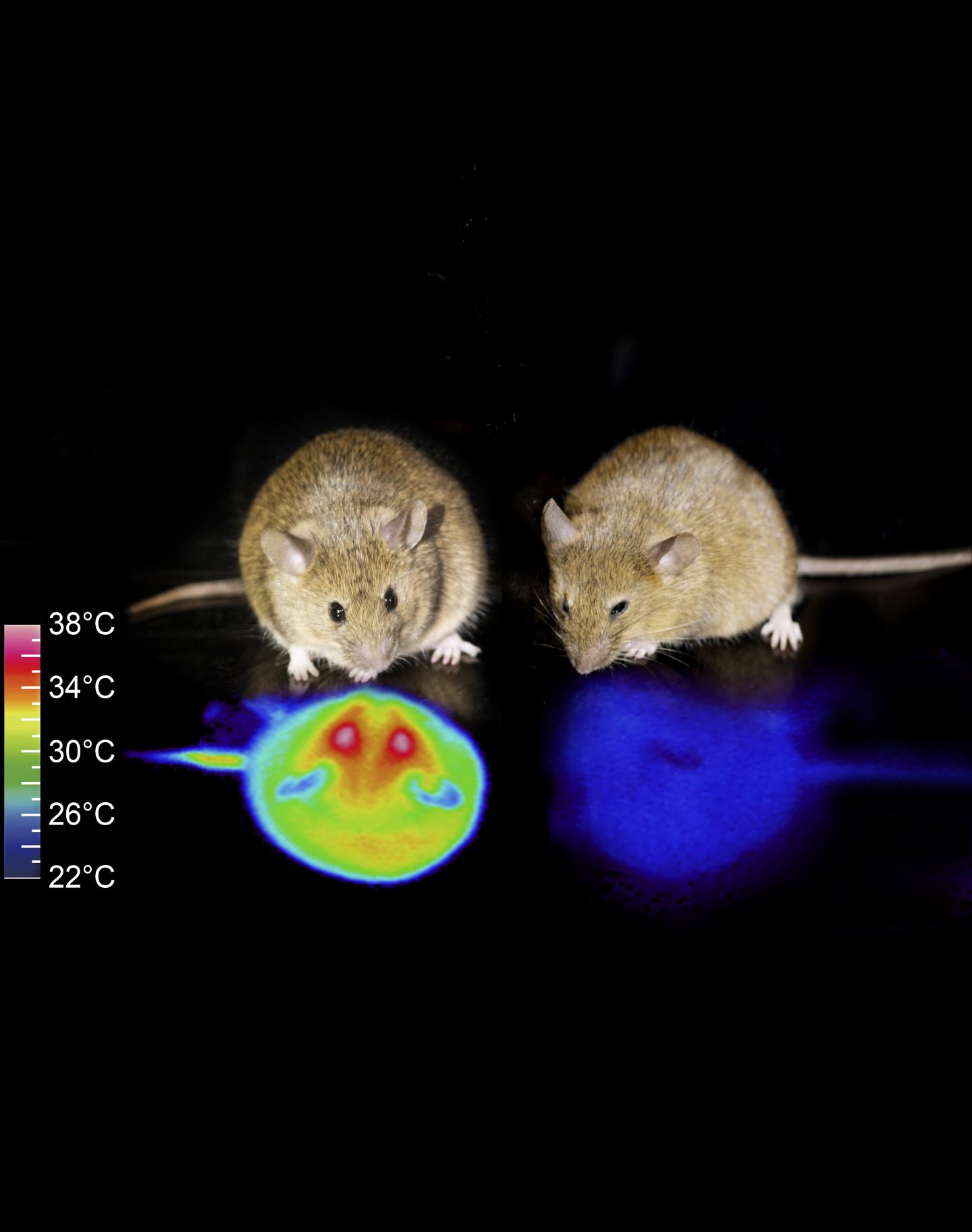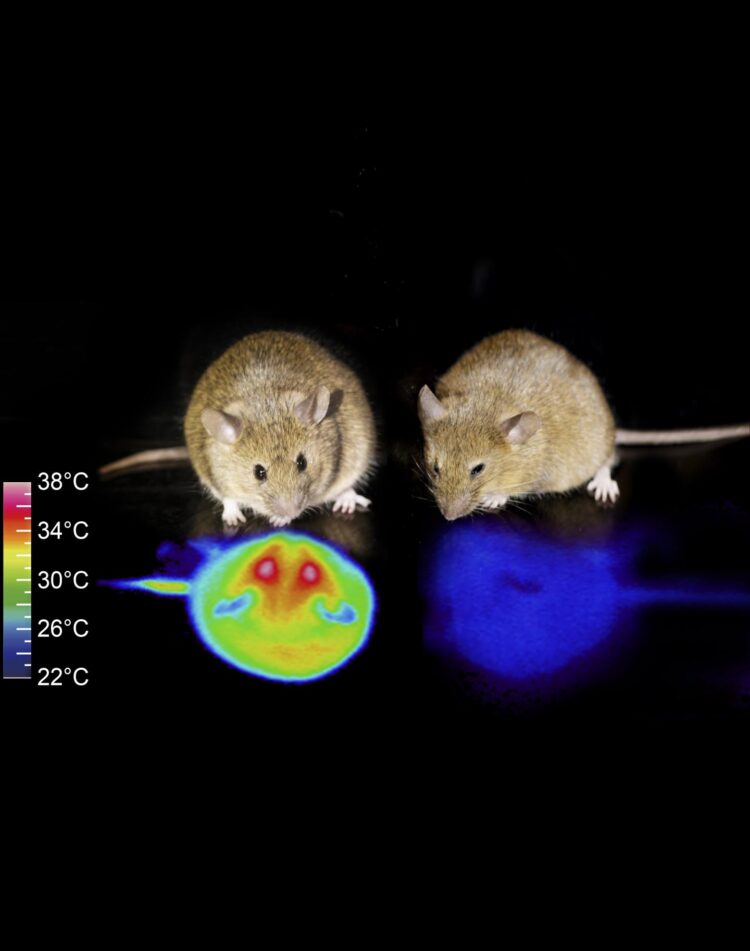Researchers at the University of Tsukuba and RIKEN in Japan spark a hibernation-like state in mice–a species that does not naturally hibernate

Credit: University of Tsukuba
Tsukuba Japan — In Sci-Fi movies, astronauts often enter an inactive state in “hibernation chambers” to cross the vastness of space. This could cut down on the required amount of food and oxygen and to prevent serious side effects from low gravity, such as muscle wasting in zero-G condition. A state of unconsciousness could also potentially minimize psychological challenges in space. Could humans hibernate in the future?
Why do some animals hibernate while others do not? Do all animals have the potential to hibernate even if they never do so in nature? Researchers from the University of Tsukuba in Japan opened the door to answering these questions by finding specific cells in the mouse brain that can trigger a hibernation-like state when activated. The study was published in the scientific journal Nature.
Animals usually enter hibernation when food becomes scarce in the winter. Their metabolism slows down, and their body temperature drops to a new set-point. This is like lowering the temperature on your thermostat in the winter–it reduces the amount of energy needed to maintain the body. Along with a slower metabolism and a new set-point comes slower heart rate, weaker breathing, and less brain activity. Importantly, when animals come out of hibernation, their body and organs are healthy, even if they have lost a little weight.
Even though mice do not hibernate, researchers led by Takeshi Sakurai at the University of Tsukuba and Genshiro Sunagawa at the RIKEN Center for Biosystems Dynamics Research show that activating a specific type of cell in the mouse brain–dubbed Q neurons–caused them to enter a hibernation-like state for several days. “The mice exhibited distinctive qualities that met the criteria for hibernation,” notes Sakurai. “In particular, the body temperature set-point lowered from about 96.8°F [36°C] to about 81°F [27°C], and the body functioned normally to maintain a lower body temperature around 22°C, even when the surrounding ambient temperature was dramatically reduced.” The mice also showed all the signs of a reduced metabolism that are common during hibernation, including reduced heart rate, oxygen consumption, and respiration.
Being able to send mice into a hibernation-like state for days simply by artificially exciting Q neurons was somewhat unexpected. “Even more surprising,” says first author Tohru Takahashi, “is that we were able to induce a similar hypometabolic state in rats, a species that neither hibernates nor has daily torpor.” Although we do not know the answer yet, the possibility that humans also have Q neurons that can be used to induce a similar state is tantalizing.
“People might not want to hibernate for the same reasons as animals,” explains Sunagawa. “But there are medical reasons for wanting to place people in suspended animation, such as during emergency transport or critically ill conditions as in severe pneumonia, when the demand for oxygen cannot meet the supply.”
Sparing oxygen is not only for medicine. “In the future,” Sakurai added, “we may put human in a hibernation-like state for missions to Mars and beyond.”
###
Media Contact
Naoko Yamashina
[email protected]
Related Journal Article
http://dx.





